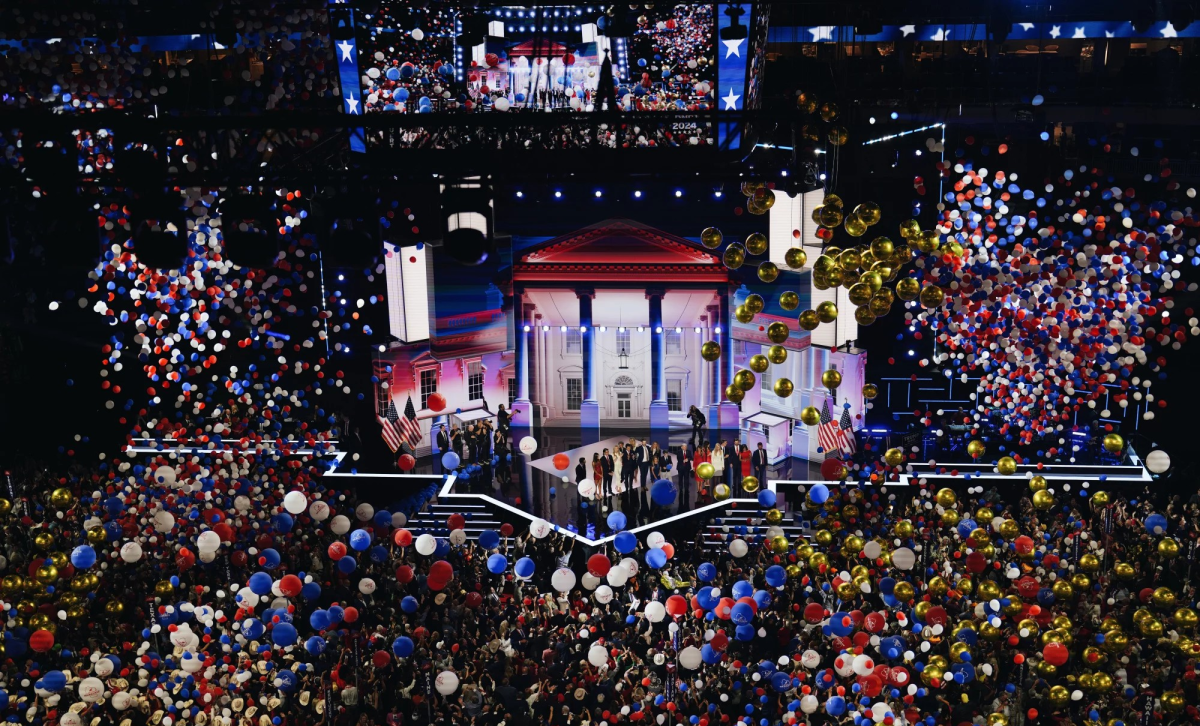It's Almost Election Day. A Few Ways to Prepare.
It’s almost Election Day and, while the race is too close to call, we do know one thing for certain: The White House will have a new occupant on January 20, 2025. As we approach what will be a historic election, there are a few things businesses should do to prepare for the short- and long-term consequences of Election Day.
Remember, Results Take Time
One of the core tenets of American democracy is that everyone who is eligible to vote, can cast a ballot and have that ballot counted. Because elections are run by the states and each state has their own procedures, processes, and regulations to count ballots, elections take time to decide. It will take time to count all the votes cast in the 2024 election, and this is normal.
- While the votes are being counted, there will be a lot of speculation from media, influencers, and other commentators on who might be “winning” and who might be “losing.” However, you should take no action until a winner is declared by a reputable news source.
- Elections in the modern era have taken time. In 2020 the presidential election was called on November 7, about four days after the polls closed for the general election. This isn’t just an issue with the presidential election. In 2020, California 21 was not called until November 30 with a narrow margin due to large numbers of mail in ballots.
- Even after the election is called by official media, candidates have the legal right to challenge the election results in court. After any court challenges have been exhausted, the Electoral College will meet on December 17 to cast their ballots to formally elect the president. In January, Congress will certify the election based on electors from each state —where the vice president plays a ceremonial role—then the president-elect will be inaugurated on January 20, 2025.
Plan to Communicate—Regardless of Outcome
Businesses should plan to communicate with employees—regardless of the election outcome.
Employees are tuned into the election during election season. With both traditional and digital media hyper focused on the impending election, employees tend to be a little more on edge during election season and, as a result, will be looking to trusted sources for information.
Businesses are one of the most trusted institutions and as a result, CEOs have the credibility to provide stability and confidence during times of uncertainty. Trust can be lost as easily as it is won, and CEOs should be approachable and thoughtful with how they speak with their employees about the election. They should be prepared to address employees on several issues before and after the election:
Before the Election
- Consider sending out messaging that reinforces your organizational values and reminds employees of the need for civil discourse and respect for colleagues.
- Remind employees of how they participate in the civic process so people can make a plan to vote.
- Communicate with employees that regardless of who wins the election, the organizational values and commitment to team members, customers, and key stakeholders do not change.
After Decision Day
- Communicate with employees that regardless of who wins the election, the organization’s values and commitment to team members, customers, and key stakeholders do not change.
Plan for Every Eventually Beyond the Election
On January 6, we watched the attacks on the US Capitol as the United States Congress sought to certify election results. While violence has no place in the American political process, businesses should be prepared for civil unrest and any other eventuality where employees may be threatened. Consider the following:
- Civil unrest: Be prepared for civil unrest in the event the election doesn’t go as planned for some people.
- Political protests: Peaceful or not, protests—by their nature—are disruptive. In 2020 and the years following, many political and social moments have been greeted by protests from organizations and citizen groups demanding action from governments, businesses, and consumers.
- Prolonged business disruption: While many protests in American society tend to be peaceful, there are often bad actors who use the moment to their advantage to stir trouble or violence. In some cases, local law enforcement may impose curfews, be unable to maintain order in major metropolitan cities, or shut down regions of key metropolitan areas to maintain public safety.
Be prepared for each of these scenarios to impact business operations and ensure you have a plan to protect employees or keep employees updated as stories develop.
Review Your Permission Space
Brands are rightly nervous in an election year. Many brands have been attacked by politicians, activists, and others who feel brands are either doing too much or too little in the political system. It’s often difficult to understand how to successfully engage in the political process. To determine where you should engage both internally and externally, examine your permission space—the intersection where the values of your brand and of your stakeholders (customers, employees, shareholders) intersect. When you combine that with the political and cultural context of the day, you should have a formula to proceed with confidence. Review this permission space before and after the election, when Congress changes, and at other key moments past election season to ensure you are on steady footing.
For more on global elections in 2024, the EGA Election HQ is your guide to the moments that matter, what comes next, and what all of this means for industries and sectors. Sign up here to receive global election updates from the EGA Election HQ team. For counsel or to get in touch, reach out at: Elections@edelmanEGA.com.
This content offers a high-level synopsis of current events. It is intended to provide information only, not opinion, and is not representative of any specific EGA work.



